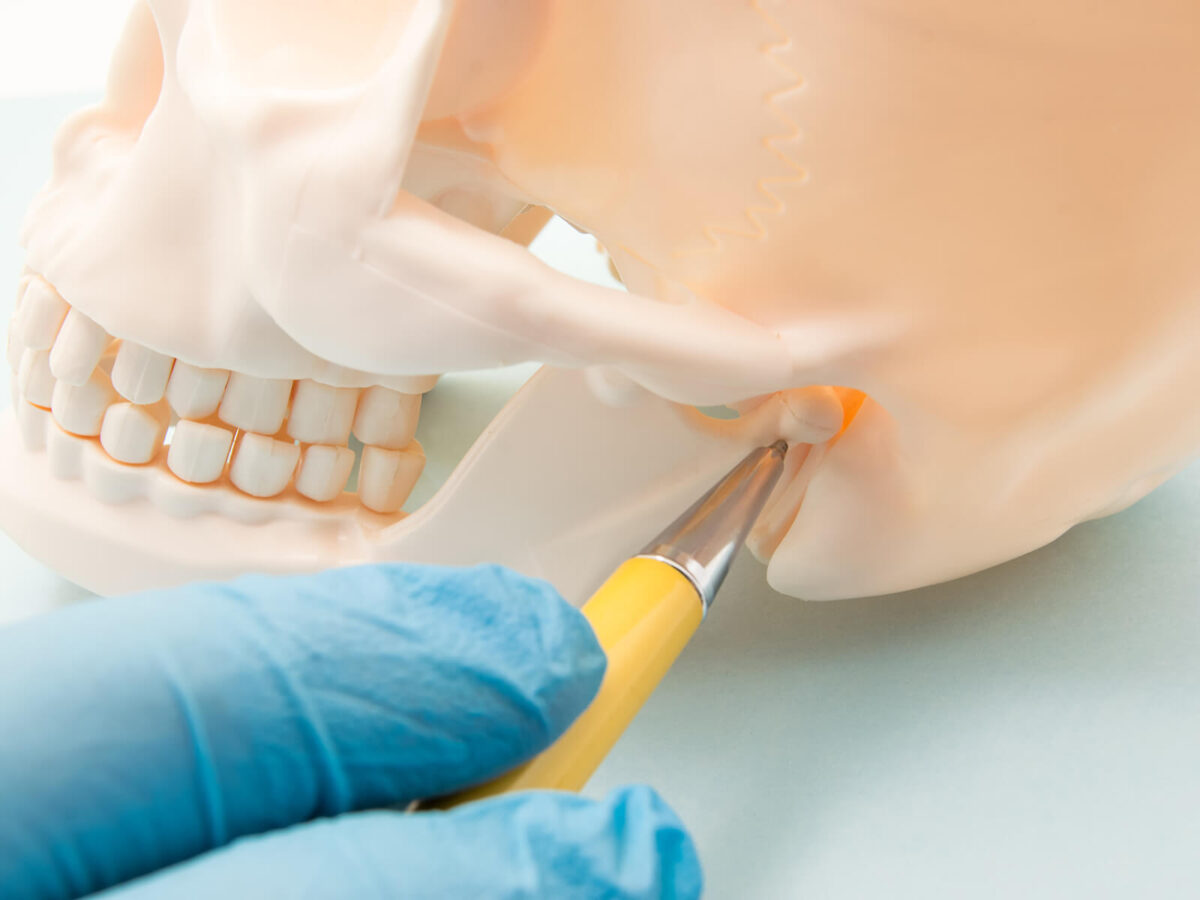River Walk Dental Orthodontics
Blog
Dental hygiene tips for healthy teeth & gums

The Role of Orthodontics In Treating TMJ Disorders
Temporomandibular Joint (TMJ) disorders represent a class of diseases characterized by achy senses and sore jaw joints. These disorders can be due to different factors, like stress, pain when we grind the teeth (bruxism), wrong teeth position or old age (arthritis), or jaw injuries. Dealing with TMJ disorder is a complex process, implying a wide range of treatment methods. Orthodontic services are one of the possibilities.
This write-up will help us look into how orthodontic practice solves TMJ cases, citing Riverwalk Dental and Orthodontics as the epitome of experts in this field.
Orthodontics and TMJ Disorders: Performance-based Assessment
Orthodontics as the key to fixing TMJ diseases is achieved by fixing the basic dental and skeletal problems that lead to the misalignment and dysfunction of the jaws. Here are key ways orthodontic interventions can help manage TMJ disorders:
1. Alignment Correction: Infelicitude in dental structure is one of the main reasons for the TMDs, and improper jaw position and continuous strain could be its consequences. The types of orthodontic procedures like braces and aligners provided by Riverwalk Dental and Orthodontics can be used to improve bite misalignments. These treatments bring the teeth from their misaligned positions gradually, unloading the pressure on TMJ and reducing associated symptoms like headaches and clicking sensation of the jaws.
2. Bruxism Management: Teeth clenching or bruxism, is one of the most typical characteristics of TMJ dysfunction, and has the same effect of wearing on the teeth and consequently, can lead to jaw muscle tension. With protective measures like the guards or bite splints provided by the experts at Riverwalk Dental and Orthodontics, the appliances can prevent TMJ-related tissue damage while calming down the muscles of the jaw, thus relieving you of the pain.
3. Improving Bite Function: At times a wrong bite can strain the TMJ, and a person may be prone to pain and discomfort. Orthodontic treatment care options undertake aligning the positions of teeth and jaws to increase the functionality of the bite. This makes a person have stronger oral health, thus contributing to TMJ symptom relief and advancing jaw mobility.
4. Orthognathic Surgery: In some cases, the third type of TMJ disorders with the most severe skeletal issues, surgical orthodontic treatment might be the treatment option of choice. The complex oral surgical operation is performed by Riverwalk Dental and Orthodontics’ expert professionals to correct the improperly aligned jaws and relieve the symptoms associated with the TMJ.
The Expertise of Riverwalk Dental and Orthodontics
At Riverwalk Dental and Orthodontics, our team of experienced orthodontists and dentists specializes in providing comprehensive care for TMJ disorders. Our orthodontic practice features the most current techniques and equipment to customize treatment for every patient who enters our office. We’ll do whatever needs to be done, whether it is to correct misalignment problems, treat clenching and grinding (bruxism), or improve bite function in optimizing jaw health to maximize overall well-being.
Conclusion: A Holistic Approach to TMJ Care
Ultimately, orthodontics serves as a crucial component of the overall plan of treatment for TMJ disorders. Asymmetrical bite, crowding or mal-alignment of the jaw can result in TMJ disorder, and the services offered at Riverwalk Dental and Orthodontics can be of great help by targeting these problems. If you’re suffering from TMJ discomfort, which leads to the diagnosis of TMJ disorder, you should schedule experts’ consultation for a precise examination and an individualized solution adjusted to your needs. In our office, we can manage problems like TMJ disorder and make jaw pain disappear by providing proper treatment.
